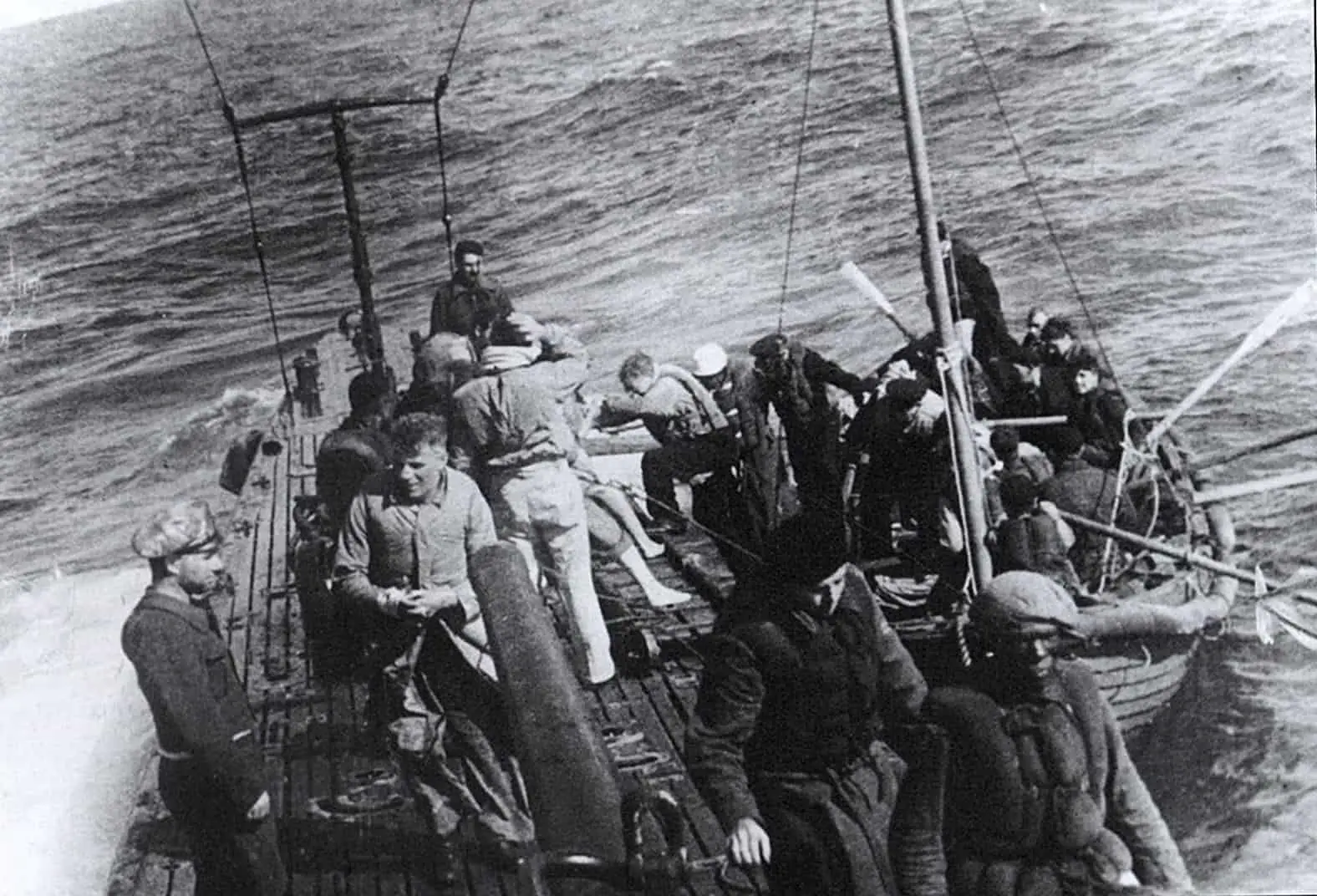I’d certainly never argue that the Japanese were meaningfully “nicer” to their conquered subjects than the Germans. Both sought to establish empires/hegemonies with their ethnic nation at the top of the pyramid. The Japanese, however, had no equivalent to the Jews or Gypsies as an ethnic group that they considered “toxic” and sought to expel or exterminate. I think their policy towards most other Asian peoples was comparable to Nazi policy towards the Slavs – that they were inferior in most respects, but useful as slaves/serfs.
Returning to the original thread topic of Axis cooperation – I’ve read a number of articles regarding Japanese assistance to German and Italian blockade runners and surface commerce raiders, as well as submarines. Here’s one useful link I found:
I also read an article in a US Naval Institute Naval History magazine about an Italian aircrew that flew a plane over the Soviet Union to Japanese occupied China in 1942. They apparently got a red carpet and geisha welcome until Mussolini publicized the flight. The Japanese, who were sensitive about offending the Soviets, gave the Italians the cold shoulder for the remainder of their stay.
Direct interactions between the Japanese and their Axis allies were often strained. Not only was there (unsurprising) racial tension, but the German and Italian sailors, who were probably a bit more cosmopolitan and informal than their Japanese counterparts, had little patience for rigid Japanese hierarchy (ironically almost the opposite of the situation depicted in Spielberg’s 1941). I’ve read of German sailors, horrified by Japanese treatment of British and Australian POW dockworkers, conspiring to provide the POWs (who were Caucasian, after all) with food and medicine, and to distract their guards from acts of abuse.
Toward the end of the war the working relationship further deteriorated. The surviving elements of an Italian submarine flotilla based on Sumatra (mostly crewed by Germans after the Italian surrender) were essentially drafted by the Japanese. The destruction of Germany’s refueling ships and subs left the submarines stranded, and the Japanese were disinclined to provide them even with food. If the sub crews ran cargo from Japan to the garrisons of Indochina and Singapore, they would be allowed to carry back food for themselves and the otherwise starving foreign/embassy enclave in Tokyo.
While technology transfers were mostly from Germany to Japan, Japan returned useful raw materials, such as rubber and quinine.
Hitler’s motivation in declaring war was, I think, an attempt to extract some benefit from an irreversably worsening situation. One goal of the Tripartite Pact was to intimidate the US, by making it clear that it would be immersing itself in a global war if it didn’t mind its own business. By 1941, though, increasingly overt US support for Britain had led to periodic clashes between U-boats and US convoy escorts. Hitler realized that his hopes that the US would stay out of the war, and that an isolated Britain would eventually sue for peace, were for naught. Hitler’s intent in declaring war was, I think, almost comparable to Lee’s in ordering Pickett’s Charge – A symbolic “putting all the chips on the table”, and demonstration of his resolve. More immediately, I think he saw the opportunity to mount a U-boat offensive against a US distracted by events in the Pacific, and hopefully decisively break the British convoys. In fact, the U-boats did exploit US unpreparedness and do a lot of damage in “Operation: Drumbeat”, but the resources of the US were too vast for it to much matter.

